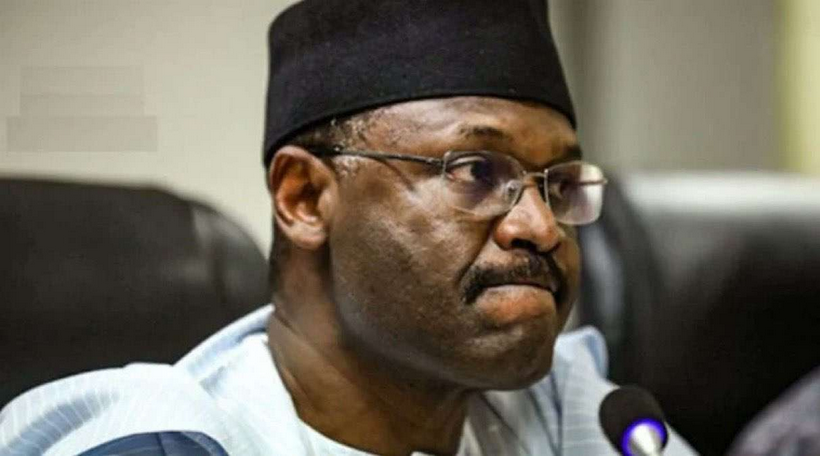The Coalition of United Political Parties (CUPP) has strongly criticised the Federal Capital Development Authority (FCDA) for its involvement in the construction of a new national headquarters for the Independent National Electoral Commission (INEC), warning that the move undermines the commission’s constitutional independence.
In a statement issued on Tuesday, the CUPP’s National Secretary and former National President of the Inter-Party Advisory Council, Mr. Peter Ameh, described the arrangement as a dangerous regression and a threat to Nigeria’s democratic integrity.
Ameh, a former presidential candidate, said the decision to allow the FCDA—a body under political control—to handle INEC’s infrastructure project, contradicts constitutional provisions and undermines the electoral body’s autonomy.
“This decision by INEC to cede the construction of its national headquarters to the FCDA is deeply troubling,” he said. “It is a direct affront to the independence guaranteed by Section 158(1) of the 1999 Constitution, which insulates INEC from external control in the discharge of its duties.”
Ameh further pointed to Section 81(3) of the Constitution, which ensures INEC’s financial independence by providing for direct funding from the Consolidated Revenue Fund. According to him, the Electoral Act 2022 reinforced this principle to eliminate any form of reliance on politically influenced institutions.
He criticised INEC Chairman, Prof. Mahmood Yakubu’s justification that the FCDA constructed the commission’s initial headquarters when it relocated from Lagos to Abuja, describing the rationale as “outdated and indefensible.”
“Our electoral framework has evolved, and arrangements that once may have seemed normal are no longer acceptable. An agency under the political supervision of the Federal Capital Territory Minister, currently Nyesom Wike, should not be in charge of building INEC’s new headquarters. This poses a clear risk to INEC’s neutrality and undermines public trust in the electoral system,” he added.
Ameh said the decision violates the very purpose of the commission’s financial autonomy, which is meant to empower it to independently manage its infrastructural and operational needs through appropriations by the National Assembly.
He also criticised INEC for prioritising a new building project while neglecting the welfare of its personnel.
“INEC staff, who are at the frontline of election logistics, registration, and result collation, continue to face poor remuneration and difficult working conditions. Rather than focus on prestige projects, INEC should channel resources into improving staff welfare, training, and capacity to ensure the integrity of elections,” he said.
Ameh called on INEC to immediately terminate its arrangement with the FCDA and take full control of the headquarters project using its constitutionally guaranteed funding structure.
He urged the National Assembly to step in and use its oversight role to ensure that INEC’s budget aligns with its infrastructural and operational priorities—free from external influence.
“The Nigerian people deserve an electoral body that is truly independent, accountable, and committed to credible elections,” he stressed. “Any move that compromises INEC’s autonomy is a direct threat to democracy, especially as the country prepares for the 2027 general elections. Urgent action is needed to safeguard the integrity of the process.”



